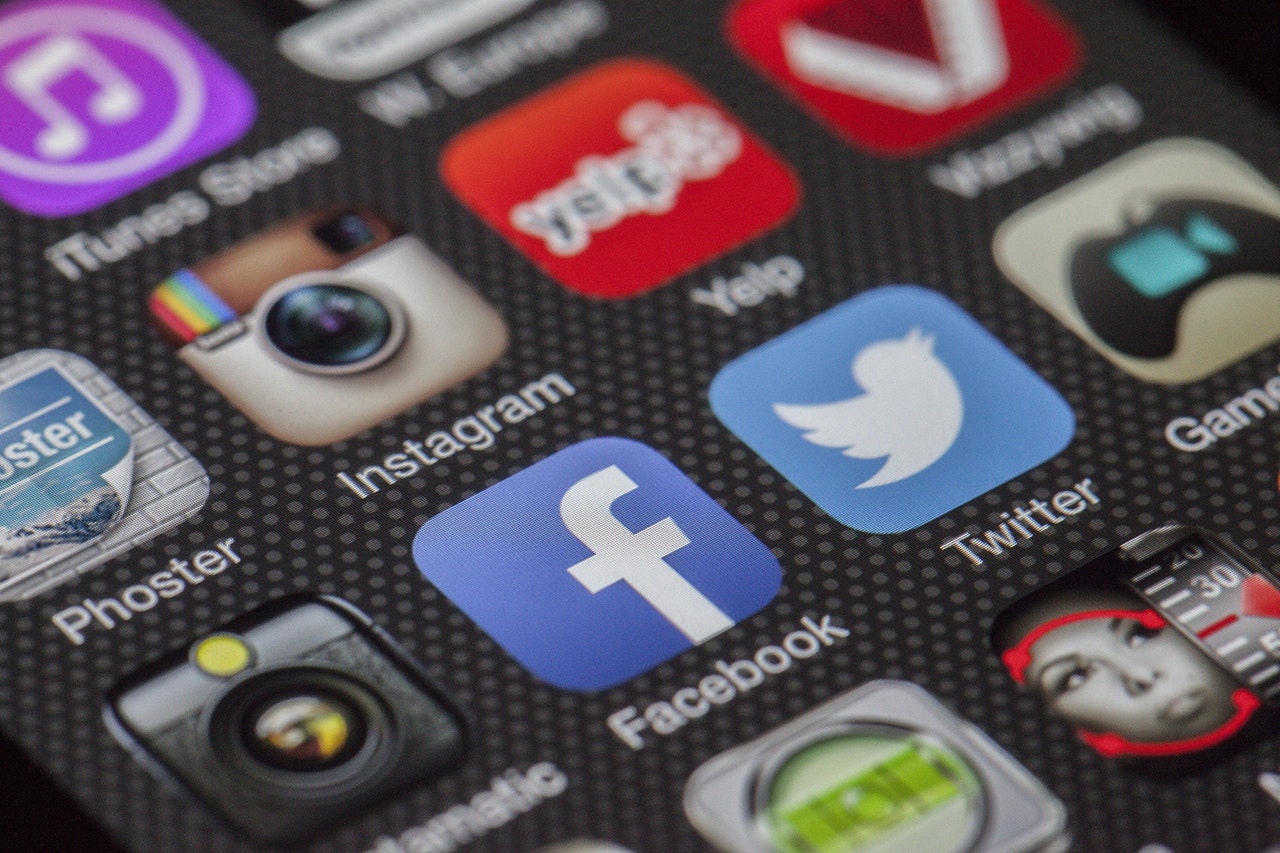[dropcap]S[/dropcap]ocial media is a term used to collectively describe a set of tools that foster interaction, discussion, and community, allowing people to build relationships and share information among other things.
Specifically, media is an instrument of communication, like a newspaper or a radio, television etc. Essentially social media would be a social instrument of communication. It is easy to confuse social media with social news because we often refer to members of the news as “the media.”
Adding to the mix is the fact that a social news site is also a social media site because it falls into that broader category. And while social news is social media, social networking and wikis are also social media. Few of such examples are news publishing portals, Blogs (posting articles), Facebook, LinkedIn, Twitter (networking), YouTube, Flickr, Instagram (photos & video), and so on and so forth.
Think of abuse, for some reasons politicians come to mind especially in Nigeria. They are one breed that has brutally been punished and humiliated by social media.
Mudslinging has got a new medium, and people are venting all their wrath and anger by blasting off tweet after tweet, mocking every aspect of these servants of society.
Sadly in recent times, particularly in Nigeria, unqualified authors, social influencers, and social commentators abound with no modicum of dignity. Only with a mobile device or personal computer supported with internet facility, people now own ‘newsrooms’.
We all can spread news, pictures, stories, comments, and reactions using our blogs and social media platforms. The downside is that more often, misguided and unethical practices replace the informed code of conduct that guides the noble media profession.
It is just too obvious that some people cannot handle with maturity, the freedom and limitless platform presented by digital media since there is no control or checks put in place.
These destructive ideas include contempt of religions, discrediting religions, provoking racial, communal, religious, ideological, and regional commotion, spreading biased rumours, malignantly distorting facts, libelling, defamation, cursing, fabricating accusations as well as insults etc.
Similarly, parallel to the growth of social networking is the increase in the amount of personally identifiable information that is voluntarily revealed by digital users. This careless approach to internet use has fueled tremendous data breaches. Hacks into social media accounts, stolen online identities, sales of sensitive data on the black market, and widespread phishing scams are just a few of the most notable attacks.
It also consists of threats and harassment, viruses, spamming, port scanning, denial-of-service attack (DoS attack), copyright infringement, plagiarism etc.
However, internet subscribers must learn to embrace call for paradigm shift to foster decency within the cyber space. If there are no defined regulations or checks put in place to change the despicable narrative, internet users can equally regulate themselves too, by remaining socially responsible, working with facts in a balanced and objective manner, and within the confines of propriety and maturity.
Ajibulu wrote from Abuja, he is the publisher of veracitydesk.com.ng, a writer, communication consultant, infoprenuer, and social media influencer, he can be reached on Mail
The opinions expressed in this article are solely those of the author.







